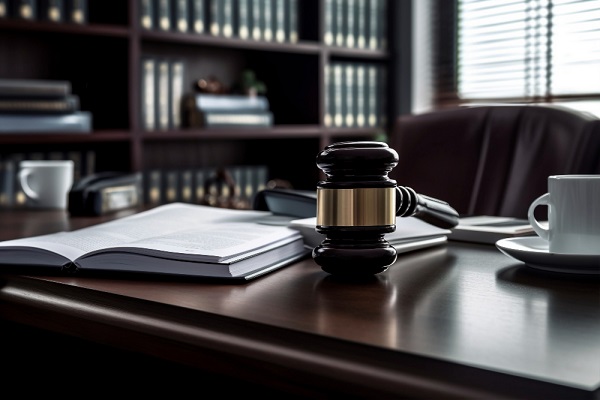
The right against self-incrimination means that one cannot be compelled to speak against himself, and the statement made can be used against him in court. This right is very crucial in criminal cases. It protects innocent parties from coming forward with information that can be construed as incriminating.
This right is law in many countries, including Canada. If you are accused of a crime, the first thing you must understand about this right is when and how to invoke this right. Individuals need the expertise of professionals, such as a Brampton criminal law firm, to navigate the legal way to protect their rights.
When You Are Arrested
If you get arrested by the police, they may begin questioning you about the situation. You don’t have to answer their questions immediately. You can go ahead and deny talking to them. This means you can remain silent until you have a lawyer. If you say anything, police can use what you say against you at trial. Refraining from making statements is always advisable until you speak with an attorney. A Brampton criminal law firm can help you understand your next steps. You need to ensure your rights are protected by hiring the right criminal lawyer.
During Police Questioning
If the police question you, you have the right to remain silent. You often have the right to remain silent when you say it may be used against you. When talking to the police, sometimes, people get nervous or feel pressured to speak with the police. They might believe their silence makes them seem guilty, but they aren’t. The law protects people from having to talk about, no matter what they might say, which could hurt their case.
In Court
If you’re in court, you also have the Fifth Amendment right against self-incrimination. That means you don’t have to respond to questions if your words could make you appear guilty. The court may, in some cases, require you to testify. However, in all other cases, you can refuse to answer if the question could establish that you committed a crime. A legal professional can explain the rights you have. If you are adept at selecting the right criminal lawyer, much can be done in your favor in the court for your case.
When You Are a Witness
You may need to find out if there are any questions, such as what you can find in a case. But if the question might make you seem guilty of a crime, you have the option of not answering. This is also part of the protection against self-incrimination. The law gives people one legal loophole for what they can say legally. You should consult a lawyer if you are uncertain how to respond to a question.
When Signing Documents
You can be brought to a doctor, who the clinic will fill out with the police or the court. You have the right to read it carefully before signing anything. You do not have to sign if it contains statements that might show you did something wrong. One of the things many people are unaware of is that signing does not necessarily mean that you have given evidence against yourself in court. So, it is essential to get professional legal advice before signing anything.
Conclusion
The right to protection against self-incrimination is an important legal protection. It allows people to keep quiet if they might otherwise come across as guilty. If you are arrested, questioned by police, or in court, you are not required to say anything that can be used against you. Witnesses can also refuse to answer questions that could lead to lawyers investigating them. However, it’s essential to consult a legal professional before signing any legal document.
